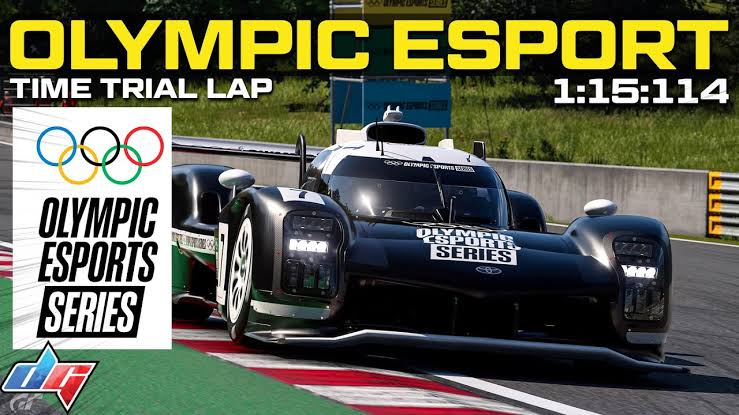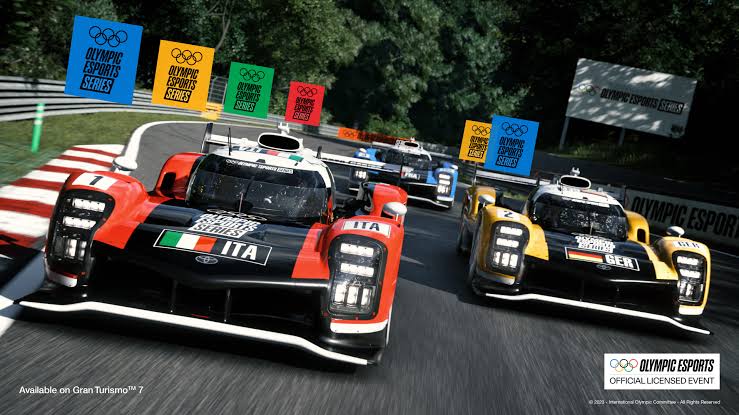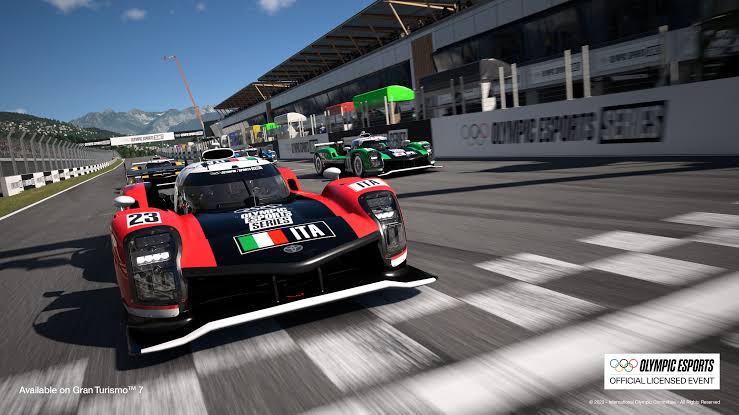
The inclusion of iRacing as an official sport in the Olympic Games marks a significant milestone in the evolution of competitive gaming.
iRacing, a simulation platform renowned for its realistic racing experiences, has gained immense popularity and credibility within the esports community.
Its integration into the Olympics reflects a broader recognition of virtual sports as legitimate forms of athletic competition.

For decades, the International Olympic Committee (IOC) has adapted to include sports that resonate with global audiences and showcase exceptional skill and dedication.
The decision to include iRacing aligns with this tradition, acknowledging the discipline, strategy, and reflexes required to excel in virtual racing.

Athletes in iRacing undergo rigorous training regimens, hone their abilities through countless hours of practice, and compete in high-stakes tournaments, mirroring the dedication seen in traditional sports.
Moreover, iRacing’s inclusion brings diversity to the Olympic Games, appealing to a younger demographic increasingly engaged with digital platforms.
It underscores the IOC’s commitment to embracing technological advancements while maintaining the core values of sportsmanship, integrity, and fair play.
The impact of iRacing’s inclusion extends beyond the games themselves. It elevates the status of esports globally, granting recognition to participants as athletes and validating esports as a mainstream pursuit worthy of international acclaim.
This move also fosters new opportunities for collaboration between traditional sports bodies and esports organizations, promoting cross-disciplinary innovation and growth.
Critics may question whether virtual sports belong in the same realm as traditional physical activities.

However, the IOC’s decision reflects a broader understanding of modern athleticism, encompassing both physical and mental prowess.
Just as chess was recognized as a sport due to its strategic complexity, iRacing embodies a unique blend of skill, strategy, and endurance that resonates with a global audience.

iRacing’s inclusion in the Olympic Games marks a pivotal moment in the history of both esports and the Olympic movement.
It celebrates innovation, inclusivity, and the evolving definition of sport in the 21st century.
As virtual sports continue to captivate audiences worldwide, the Olympics’ embrace of iRacing sets a precedent for the future of athletic competition in a digital age.